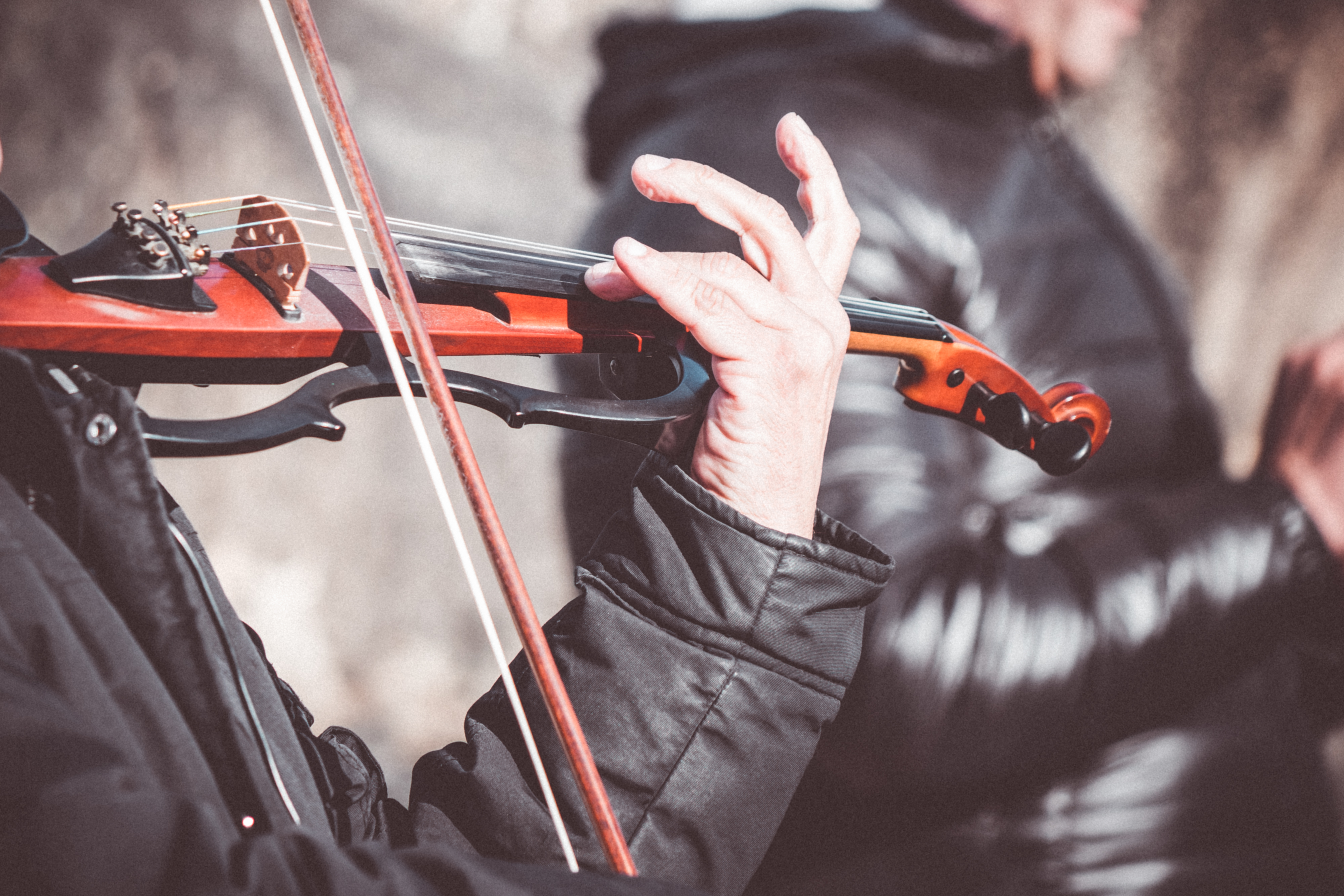Turn on the news today, and you will see that we are living through a pivotal time in history. A pandemic has plagued the entire world, making us afraid to see or touch our friends and loved ones. Incomes are stuttering to a halt as businesses close. Protests and riots are filling the streets as people demand systemic change on nearly every level.
Of course, if you’re over 50, you’ve been through all this before – in one way or another. Protests were a fixture of your youth as the country spoke out against conflict in Vietnam. Unemployment skyrocketed during the 2008 recession, and it’s likely your own bank account took a hard hit. Even pandemics – SARS, H3N2, even swine flu – aren’t too far removed from your own experience.

But there’s one thing that makes 2020 a truly unprecedented time: for the first time ever, you’re being asked to stay home.
Quarantine can be difficult for anyone, but it’s particularly hard for individuals over 50. Until this point, you’ve been working, raising kids, socializing in your community, and now… you’ve been forced into full-time retirement. The feeling of being cooped up can be unbearable. So, why not fill your time with a new skill that can benefit your body, mind, and mood?
Believe it or not, the COVID-19 pandemic may be the perfect time for you to learn how to play a musical instrument.
The Benefits of Learning Music
Most people pick up their first musical instrument as children. Maybe their school has a music program and teaches them the recorder or violin. Maybe their parent or grandparent lets them plunk out a few notes on the piano in the living room. But the concept of learning to play music has become synonymous with childhood – so much so that you may think you’re too old to try it yourself.
Learning music is something anyone can do at any time. In fact, learning to play an instrument can have a significant impact on your physical and mental health, especially for folks over 50.
It Keeps Your Mind Sharp
Learning new skills is a great way to stave off mental decline in your later years – and music is one of the best skills for this purpose. Playing a musical instrument engages many parts of the brain at once, from reading the notes on the sheet music to remembering how to produce each beautiful sound.
The benefits of this “brain exercise” are even more important now that so many of us are stuck at home in quarantine. It is so easy to fall into destructive habits – for example, spending all day binge-watching TV. According to University College London, watching more than 3.5 hours of TV a day can put people over 50 at a greater risk of memory loss.
In fact, a John Hopkins study has found that learning a musical instrument can help prevent neurocognitive disorders like Alzheimer’s and dementia. One Harvard study, which looked at seniors aged 70 to 90, found that 16 weeks of studying a new musical instrument can improve one’s memory 50-70 percent! This alone is reason enough to reach for the nearest instrument and start playing.
It Uses Your Muscles
It’s probably no surprise to you that playing music has mental benefits. After all, music is a primarily cerebral hobby. However, individuals who have experience playing an instrument can tell you that it’s also a rather physical hobby; musicians tend to have better coordination, greater lung capacity (if they play a wind instrument), and better eyesight and hearing than non-musicians.
You might be wondering, How is that supposed to help me? I don’t play a musical instrument yet! While you may not be able to reap the benefits of a lifetime of musicianship, research suggests that picking up a new instrument can still yield significant health benefits that people over 50 need to know about.
According to the Making Music and Wellness Project, learning a musical instrument can increase levels of Human Growth Hormone (HGH) in a person’s bloodstream. Researchers in this project found that seniors who received keyboard lessons saw a 90% increase in HGH! This increase correlated to a decreased risk of muscle and bone loss, which kept these seniors healthier overall.
You Can Connect with Others
One of the most difficult things about this pandemic is the way it has halted our social lives. Humans are social creatures, and we need connection with others to keep ourselves happy and mentally healthy. This is particularly true for people over 50; seniors who have an active social life tend to have reduced stress, anxiety, and depression, and they tend to live longer than their isolated peers.
Music can be a wonderful way to connect with other people and increase your social circle. Learning an instrument opens you up to a new set of activities, from joining a local music group to performing in community events. You can even bond with young people (for example, your grandchildren) who are just starting to learn their own instruments!
Even now, when so many of us are stuck at home, music can be a great way to connect with the people you love. You can play music with loved ones over video chat services, or even treat your family and friends to a little digital concert. These experiences can be great fun, and bringing the gift of music to your loved ones is bound to make you happy.
How to Learn Music During Quarantine
Now that you know how music can change your life for the better, how can you get started? There are many ways that people can learn how to play a musical instrument. All you need to do is find the method that works for you!
Find a Local Teacher
COVID-19 may have stopped people from visiting a studio or classroom, but it hasn’t stopped music teachers from sharing their gifts with the world. Many teachers now offer classes via video conference. Simply reach out to a local music teacher and set up a meeting time – before you know it, you’ll be learning a new skill from the comfort of your couch.

Embrace Technology
If you’d rather learn the basics of musicianship on your own, you can harness the power of today’s technology. There are many websites and mobile apps designed to teach you to play music or study music theory at your own pace. For example, the learning platform Hooktheory uses popular songs to teach users about chord progressions and song structures – and then allows you to compose “hit” melodies of your own!
“At Hooktheory, we believe that creating music is a powerful form of expression,” said founder and engineer Chris Anderson. “We try to take the mystery out of creating music, and answer questions like, ‘How do I create a compelling melody? And how do I know which chords will sound good with this melody?’”
Anderson adds, “Hooktheory has developed a novel system of displaying song information that doesn’t require users to read traditional sheet music. We use this system in our book series to deconstruct popular songs and draw lessons from them. This differentiates us from conventional music theory pedagogy because it features songs that users are familiar with. Our users find it fun and engaging!”


